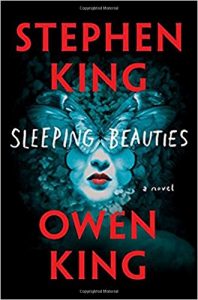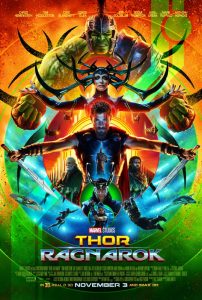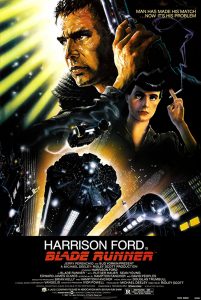 I have been reading the new Stephen King book for like two months, which is just strange. I mean, there were various reasons behind the delay. I’ve been really busy at work all the time, for one, and a shoulder injury made me loathe to carry it around, for another. (I mean, the injury was not entirely debilitating, and neither is this the biggest book ever printed, but the two factors did not play well together.) These are all true facts, but at the same time, I don’t think any of them was the real problem.
I have been reading the new Stephen King book for like two months, which is just strange. I mean, there were various reasons behind the delay. I’ve been really busy at work all the time, for one, and a shoulder injury made me loathe to carry it around, for another. (I mean, the injury was not entirely debilitating, and neither is this the biggest book ever printed, but the two factors did not play well together.) These are all true facts, but at the same time, I don’t think any of them was the real problem.
Sleeping Beauties tells the story of a world without women, more or less. They’re all here, but once they fall asleep, they get shrouded in a mysterious cocoon and don’t wake up. (Well, they do, for brief periods, if you are too insistent; but that’s a bad idea.) Half the story deals with the world’s, which is mostly to say men’s[1], reactions to this sudden new reality, mostly via the small Appalachian town that acts as the setting. The other half deals with the supernatural underpinnings of the event, and what this all means to the women who are cocooned away.
That first half, wrapped up in a hypothetical reality, no matter how potentially troubling, is where the book shines. There are heroes and villains, small petty vindictive bullies, understandable antagonists, helpless children, and everyone in between. Stephen King has always been a deft master of interweaving motivations, and nothing much has changed in this regard. The second half, in which spoilers abound, is… well, it’s two things.
I don’t know much about Owen King[2], but I do not assume that he is what of this book I didn’t like. At least, not specifically. Because, the first thing is, King’s biggest flaw in my estimation is that his explanations sometimes get too big for him[3], and end up unsatisfying. That’s less true here than in some cases[4], but still highly visible. Intertwined with this is the second thing which is: two men are not really qualified to write about how women would deal with the spoilers I’m not going into. This is not my feminism talking, although it could be; it’s more that the outcomes on the page simply didn’t feel true to life.
Anyway, I still liked it. But it is definitely flawed.
[1] There are definitely a lot of women striving to stay awake, and they matter to the plot. But not, thematically, to this half of the story. If you find that to be some measure of problematic, know that you are not alone.
[2] The default author’s son, and co-writer of this book, in case you didn’t use the mouseover text.
[3] This is not the proper phrase for what I mean, but I cannot figure out something better.
[4] For example, Under the Dome, which would have been better if no explanation had been offered. The only worse answer I can think of is the one the TV show came up with.
 The problem with reviewing a new Marvel movie is the same as the problem with reviewing a new Dresden Files or Vlad Taltos book: too much accumulated past knowledge is required.That is, the only way to come close to getting a coherent thought out of me is if I assume you are aware of everything that has come before. Otherwise, I’m bound to spoil for previous movies.
The problem with reviewing a new Marvel movie is the same as the problem with reviewing a new Dresden Files or Vlad Taltos book: too much accumulated past knowledge is required.That is, the only way to come close to getting a coherent thought out of me is if I assume you are aware of everything that has come before. Otherwise, I’m bound to spoil for previous movies. Today I learned I’d never seen
Today I learned I’d never seen